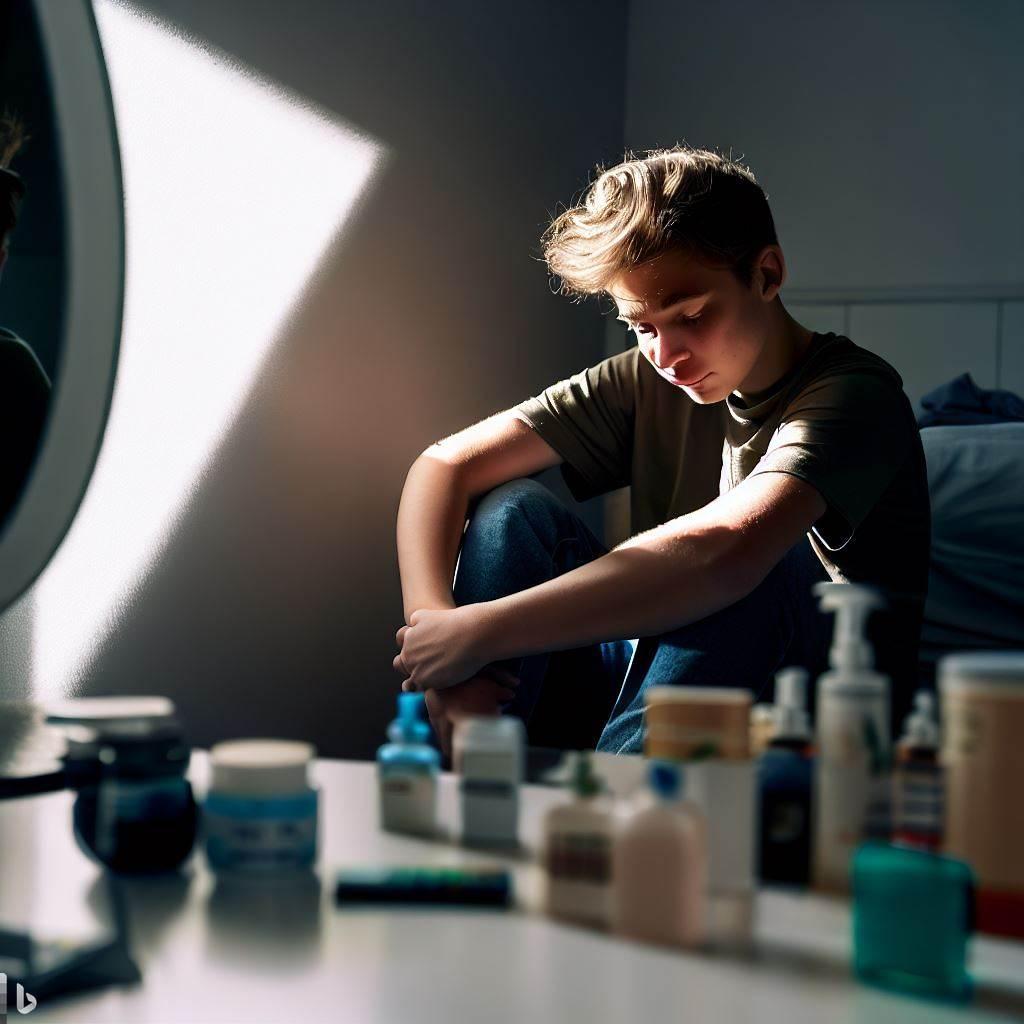
The Surprising Connection Between Gut Health and Acne
There is a strong connection between gut health and acne, with an imbalance or dysbiosis in the gut microbiome


There is a strong connection between gut health and acne, with an imbalance or dysbiosis in the gut microbiome

Unwanted acne can be a major source of stress and depression for many individuals, wreaking havoc on one’s physical well-being as well as mental health

If you’ve ever wondered whether your high-sodium diet could be contributing to your acne, you’ve come to the right place. In this article, we will explore the relationship between a high-sodium diet and acne, and delve into the effects of excessive sodium on the skin. We will also discuss how sodium intake can contribute to…

Reducing dairy and meat consumption has been suggested to have beneficial effects on acne, although further research is needed to fully understand the relationship. Some studies indicate that milk and dairy products, particularly low-fat or skim milk, may be associated with acne development. Additionally, the glycemic index of food, which measures how quickly a food…

Recent studies have examined the association between a Mediterranean diet (MD) and acne, finding evidence that MD can have a protective role in the pathogenesis of acne. One study assessed the association between adherence to MD and insulin-like growth factor-1 (IGF-1) in acne patients. They found that IGF-1 levels were higher in acne patients than…

Stress-eating is a common habit that many people resort to when feeling overwhelmed or anxious. But does stress-eating have any effect on acne breakouts? According to sources, stress-eating may indeed impact acne breakouts due to the increase in hormone levels that accompany stress. Certain foods and diets, such as high-glycemic foods and diets rich in…

Many people wonder whether a high-protein diet can have negative effects on acne-prone skin. The relationship between diet and acne is a complex one, and protein intake can play a role in the development and severity of acne breakouts. In this article, we will explore the impact of high protein intake on acne and discuss…

Zinc plays a crucial role in preventing acne by addressing various underlying causes and promoting skin health. Its anti-inflammatory and antioxidant properties make it an effective tool in reducing inflammation, inhibiting bacterial growth, regulating sebum production, and promoting wound healing. Whether obtained through topical treatments, oral medications, or dietary changes, zinc has shown promising results…